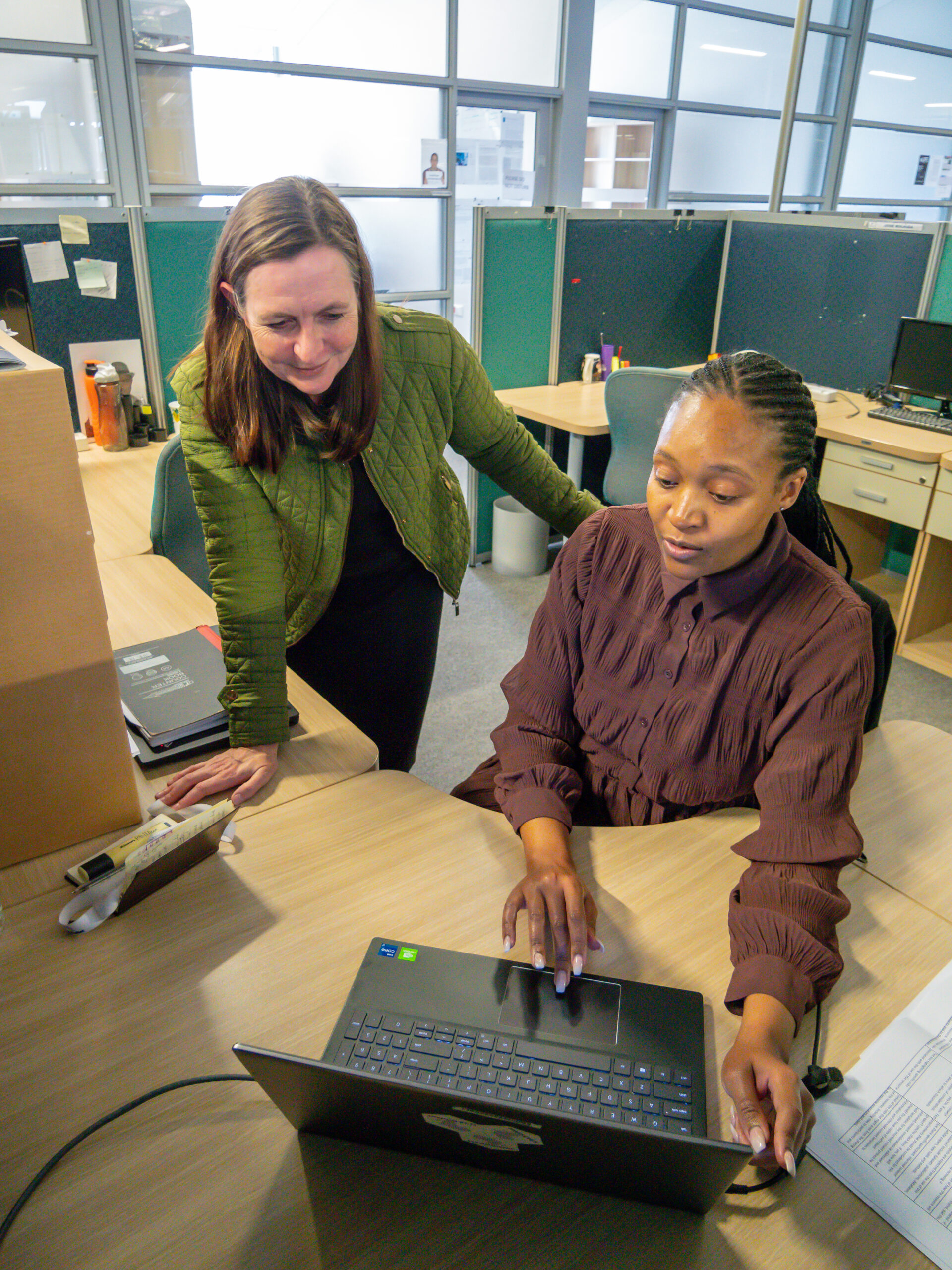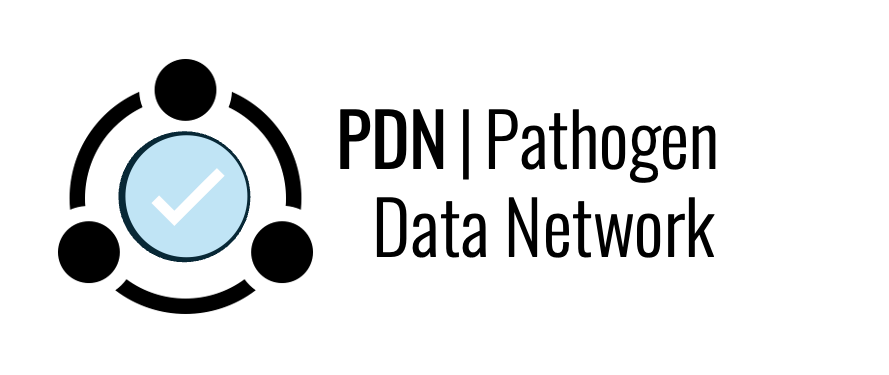A major step toward responsible and equitable data use: a new interactive tool is now available as part of the Pathogen Data Network (PDN) to help stakeholders navigate the ethical, legal, and equity considerations in wastewater surveillance (WWS).
A tool for ethical, legal, and equitable WWS decision-making
This web-based reference tool offers practical, scenario-based guidance to researchers, public health professionals, ethics committees, and others working with wastewater pathogen data — whether of human, viral, or environmental origin.
“As WWS continues to scale, we wanted to make it easier for people to ask the right questions and uphold ethical and legal standards from the start,” said Nicki Tiffin, PDN’s co-Principal Investigator, University of the Western Cape (South Africa). “This tool is designed to support equity and good governance, especially in diverse and complex implementation settings.”
Nicki Tiffin
Deputy Director, South African National Bioinformatics Institute
University of the Western Cape (South Africa)
Addressing a growing challenge in wastewater surveillance
As wastewater surveillance expands globally, stakeholders increasingly face complex questions around consent, data ownership, community rights, and equity. While intentions to respect legal and ethical norms are strong, clear guidance is often missing. This tool helps fill that gap by making best practices accessible and aligned with international standards.
Open, aligned, and actionable
This initiative supports PDN’s mission to advocate for open data, align on best practices, and make both data and tools accessible to the global community. It reflects PDN’s belief that effective data use must be grounded in transparency, trust, and respect for communities. It was developed through a collaboration between PDN, PHA4GE and Nicki’s Calestous Juma Fellowship programme (both funded by the Bill & Melinda Gates Foundation).

Coding the app: Nicki Tiffin and Tsaone Tamuhla (SANBI, University of the Western Cape)
Call to action
We invite researchers, public health practitioners, program implementers, and funders working in WWS to explore and integrate this guidance. Ensuring that WWS activities respect individual rights, legal frameworks, and national sovereignty is essential for sustainable and responsible practice.
Workstreams involved: WS4 Policy & Ethics

